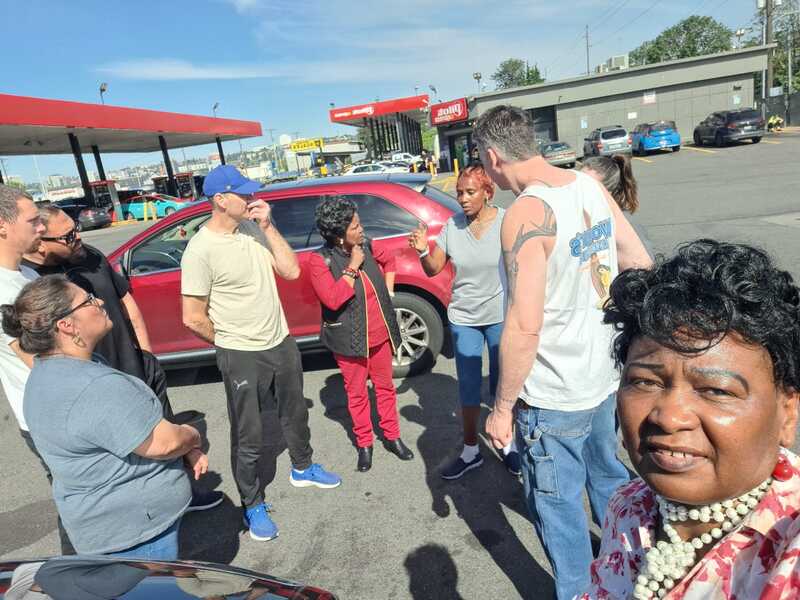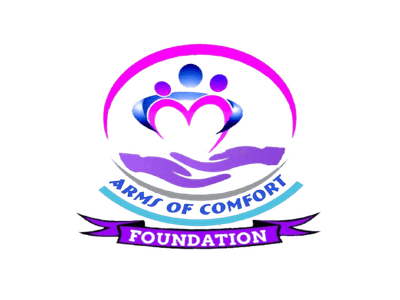
SEX TRAFFICKING
BREAKING THE CHAINS: CONFRONTING THE REALITY OF SEX TRAFFICKING IN AMERICA – ARMS OF COMFORT INT.
Sex trafficking is a harrowing and pervasive form of modern-day slavery that continues to thrive in the shadows of society, leaving a trail of trauma, exploitation, and shattered lives in its wake. In this essay, we will delve into the complexities of sex trafficking in America, examine its root causes and far-reaching impacts, and explore potential avenues for prevention, intervention, and support for survivors.
At its core, sex trafficking involves the exploitation and coercion of individuals, often women and children, for the purpose of commercial sexual exploitation. Victims are subjected to physical violence, psychological manipulation, and forced servitude, trapped in a cycle of abuse and exploitation with little hope of escape. While sex trafficking may conjure images of clandestine operations in far-flung corners of the world, the reality is that it occurs in communities across America, hiding in plain sight behind closed doors, in hotels, brothels, and online platforms.
The root causes of sex trafficking are deeply intertwined with broader societal issues, including poverty, inequality, gender-based violence, and lack of access to education and economic opportunity. Vulnerable individuals, including runaway youth, immigrants, and those with histories of abuse or trauma, are disproportionately targeted by traffickers who prey on their vulnerabilities and exploit their desperation for financial stability or belonging. Moreover, the demand for commercial sex fuels the profitability of the sex trade, creating a lucrative market for traffickers to exploit and profit from the bodies of their victims.
Sex trafficking is a grave violation of human rights that demands urgent attention and action. By shining a light on this dark reality, raising our voices in solidarity with survivors and working together, we can break the chains of exploitation
The impact of sex trafficking extends far beyond the individuals directly affected—it permeates communities, perpetuates cycles of violence and exploitation, and undermines efforts to promote gender equality and human rights. Victims of sex trafficking face a myriad of physical and psychological health consequences, including sexually transmitted infections, substance abuse, post-traumatic stress disorder, and suicidal ideation. Moreover, the stigma and shame associated with trafficking can further isolate and marginalize survivors, hindering their ability to seek help and access support services.
Despite the pervasive nature of sex trafficking, there is hope for change. Efforts to combat trafficking require a multi-pronged approach that encompasses prevention, prosecution, and protection. This includes raising awareness about the realities of trafficking, strengthening laws and enforcement mechanisms to hold traffickers accountable, and providing comprehensive support services to survivors, including trauma-informed care, housing assistance, and legal advocacy. Moreover, addressing the root causes of trafficking, such as poverty, inequality, and lack of access to education and economic opportunity, is crucial for preventing exploitation and empowering individuals to build safer, more resilient futures.
In conclusion, sex trafficking is a grave violation of human rights that demands urgent attention and action. It thrives in the shadows of society, preying on the most vulnerable among us and perpetuating cycles of exploitation and abuse. But by shining a light on this dark reality, raising our voices in solidarity with survivors, and working together to address the root causes of trafficking, we can break the chains of exploitation and create a future where every individual is free from the horrors of trafficking and exploitation. Together, let us confront the reality of sex trafficking in America and build a world where dignity, equality, and justice prevail for all.
+1 253 518 8491
info@aoci.org
